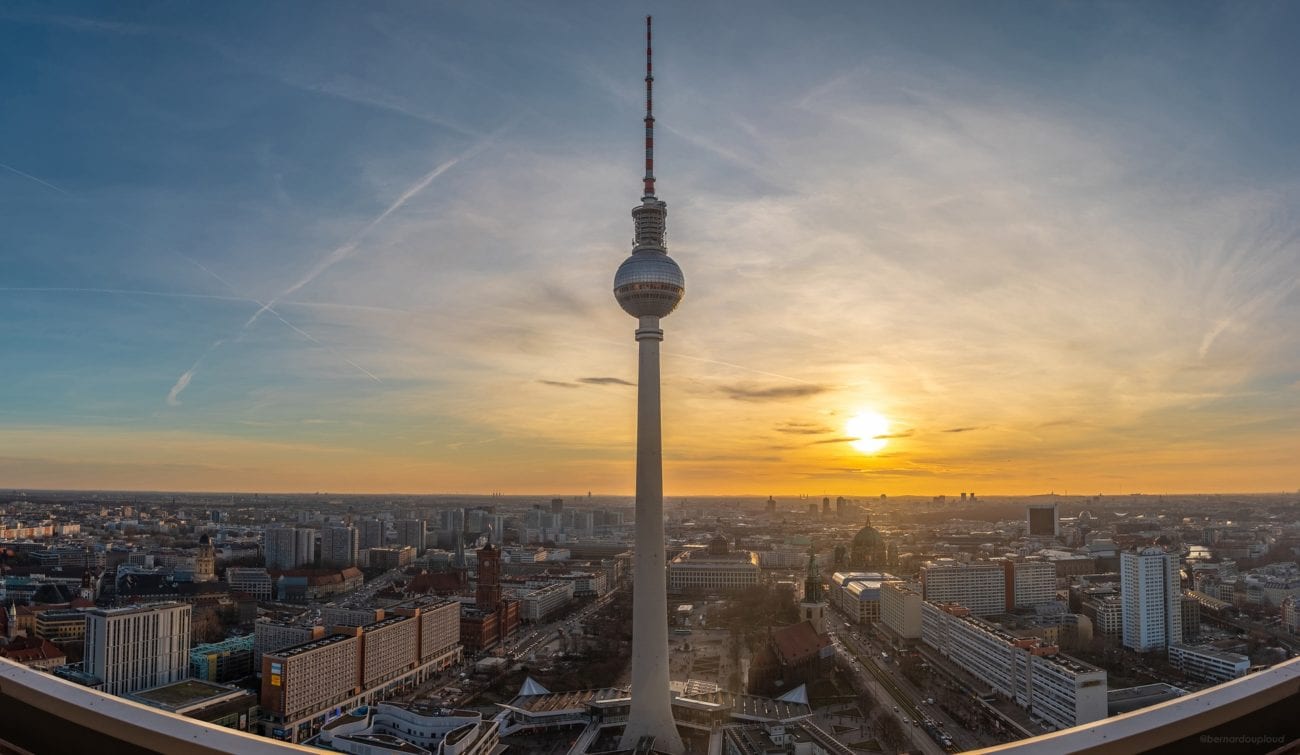German media body calls for advertising regulatory rethink

The German association of private media businesses, Vaunet, has called on state lawmakers to remove advertising restrictions set to impact broadcasters in the new gambling regulatory framework currently under discussion.
It believes the restrictions, such as daily periods where advertising is not permitted and the wording of certain elements of the draft document contravene the core goal of channeling players to legal offerings.
Vaunet, which has over 150 TV, radio, streaming and online media companies among its members, said that it broadly welcomes the proposed liberalisation of the German gambling market, with online casino to be legalised alongside sports betting, however.
“Advertising underpins private broadcasters’ businesses, and acts as an instrument to steer players towards legal offerings in the gaming market, a key regulatory goal of the federal states,” explained Dr Matthias Kirschenhofer, chair of Vaunet’s internal betting working group and a board member of Munich-based Sport1 Medien.
Kirschenhofer said the new regulations, in theory, should allow broadcasters to tap into new revenue streams, at a time when ad spend from other sources was stagnating, though the planned advertising restrictions could effectively shut this off.
“[The advertising controls] will ultimately prevent investments in attractive content,” he added. “We therefore appeal to the federal states to make further improvements here.”
Vaunet queried Section 5(2) of the Glücksspielneuregulierungstaatsvertrag (GlüNeuRStV), which states that advertising may not be “excessive”. This, the association pointed out, was vague and open to interpretation, creating significant legal uncertainty.
The very fact that the GlüNeuRStV was looking to put limitations on the advertising of newly-regulated products was called into question. It said that considering the legislation aims to channel players away from illegal offerings, this could ultimately put the licensees, and advertising channels, at a disadvantage. It argued that social responsibility controls were already included in the Interstate Broadcasting Treaty, making the additional rules unnecessary.
In particular, however, Vaunet took issue with the provisions that prohibit the advertising of online slots, casino and poker between 6AM and 9PM on radio and television, as well as the whistle to whistle ban on sportsbook advertising.
These would put broadcasters – already facing a stagnating advertising market – at a significant disadvantage to other media and advertising channels, where no such limitation applies, it claimed. If such a prohibition is to be mantained, Vaunet argued, internet portals should be subject to the same controls.
“Radio and television stations are fully aware of their responsibilities under the Interstate Broadcasting Treaty,” Vaunet said. “Especially in a regulated broadcasting environment, the promotion of regulated gambling should not be prohibited.”
This tenet was unclear, it added, as it did not confirm whether sportsbook operators would be prevented from advertising its online casino products during times where betting promotions were not allowed.
Furthermore, the prohibition of any connection between sports betting advertising and the publication of live scores for sporting events amounted to an effective sportsbook advertising ban on all media portals, it added. Live score tickers are an “integral part” of all media companies’ online content, it pointed out.
Ultimately, Vaunet concluded that the regulations in their current form would not be effective in guiding gamblers to regulated offerings.
“In order for legal providers to prevail against illegal sites, they must be able to provide competitive offers and advertise them adequately,” it said.
Vaunet is the latest association to lobby for changes to the GlüNeuRStV, following the Deutscher Sportwettenverband (DSWV) and the European Gaming and Betting Association (EGBA).
The DSWV was the first to speak out. It called for a transition period in which sportsbook licensees could offer online casino products under the third amended State Treaty, in force until 30 June 2021, to ensure players were channelled to legal offerings.
This was followed by EGBA’s calls for single online casino licences, rather than separate certifications for online casino, slots and poker, as well as the removal of a state opt-out for igaming regulation. The association also demanded an end to restrictions on in-play bet types, as well as the removal of the €1,000 cross-provider, cross-vertical spending limit.
The GlüNeuRStV was discussed by lawmakers at a meeting held in Nordrhein-Westfalen yesterday, ahead of the final meeting of state Minister-Presidents in Berlin on 5 March. This is expected to see lawmakers ratify the final regulations.
